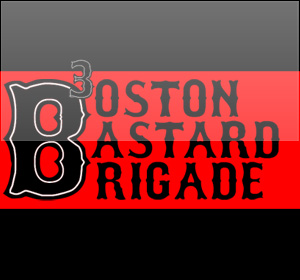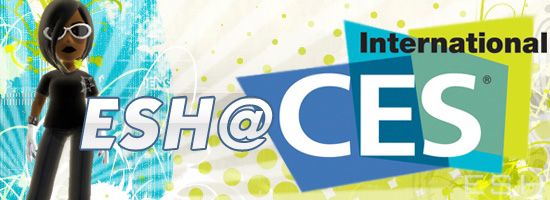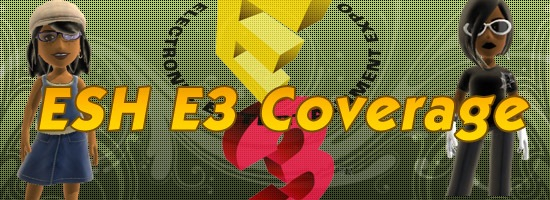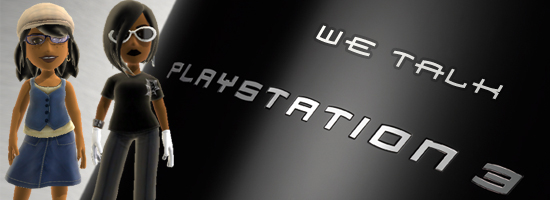 There's a big new controversy on the videogaming scene, and I feel I am uniquely qualified to comment on this. After all, I have been an editor of several consumer magazines (if you ever fished for bass in the 1980s, you have probably read my stuff).
There's a big new controversy on the videogaming scene, and I feel I am uniquely qualified to comment on this. After all, I have been an editor of several consumer magazines (if you ever fished for bass in the 1980s, you have probably read my stuff).Here's the background: Jeff Gerstmann was recently fired from his position as editorial director at GameSpot, a gaming website that is owned by CNET. The reason for the firing is rumored to be because of his Nov. 13 review of Kane & Lynch: Dead Men for the Xbox 360.
In the review, Gerstmann, who had worked for GameSpot for 10 years, gave the game a 6.0 out of 10. According to Penny Arcade, game publisher Eidos withdrew "hundreds of thousands of dollars worth of future advertising from the site" because of the bad review.
Kane & Lynch ads no longer appear on GameSpot's front page, which gives weight to the story. Gerstmann's video review was also taken down, although the text review was "updated [...] based on [GameSpot's] editorial standards," according to a CNET spokesperson.
(Gerstmann's video rendition of his review also no longer exists on GameSpot's site, but is available to view here. As for Penny Arcade's take, it's available here.)
Gerstmann had often been criticized on GameSpot's message boards, many disagreeing with his low reviews of popular games, and some even accusing him of playing only a small portion of the game before writing his review.
Gerstmann told Joystiq, "I stand behind my work, regardless of where I do it."
Some of Game|Life's own readers pointed to the fact that Gerstmann's gamertag only showed one Kane & Lynch achievement, but he cautions using that as any kind of completion metric, saying "For the record, I saw both endings in Kane & Lynch before writing about it."
GameSpot says that they "do not terminate employees based on external pressure from advertisers" but doesn't comment on whether any pressure was given on Eidos' part.
Despite his position at the center of such intense drama, Gerstmann still feels fairly positive about game journalism in general, saying "Despite the number of people who are taking these rumors... to mean that game writing is ethically bankrupt, I don't feel that's the case."
So here are the answers to some of the questions you might have about this:
Is this a matter of Eidos, the game publisher, trying to take away someone's constitutional right of free speech?
No. Eidos could exert a tremendous amount of influence on a publisher by taking away advertising, but since it is not a publisher, it is not taking away anyone's constitutional rights.
Is CNET (owner of GameSpot) trying to take away anyone's constitutional rights of free speech?
No. CNET is fully within its rights to allow and disallow what is printed on its pages. As newspaperman A.J. Liebling once said, "The person who has freedom of the press is the person who owns one." Gerstmann is free to publish his words in any form in any publication that cares to carry them, and CNET cannot and will not prevent that.
So now that we have established that this is not about censorship, what is the problem here?
The problem is with the ethics. If an advertiser can exert pressure on a publisher like this, can we ever really trust a review on a website or in a magazine? The answer is no. Why is that? Because for most consumer magazines, particularly those that are not news-based, the publisher makes its profit almost exclusively on advertising.
What about subscription fees? Doesn't the publisher make money on that, too?
No. In fact, the subscription fees barely pay for the actual mailing and other distribution of the publication. For example, if you've ever bought a magazine from Publisher's Clearing House, the magazine publisher gets NONE of that money. The publisher is just hoping the subscriber will re-subscribe directly from the publisher the next year.
Is withholding advertising the only way the advertiser can hurt the publisher?
No. In the magazine business, the advertiser typically is not charged for the ad until AFTER the issue has been distributed. The publisher must wait up to four months after the issue has been distributed to be paid for the ad. If the advertiser is upset with a story or review, it could withhold even longer. If the publisher can't get paid, they will often sell the note to a collection agency, which will itself take most of the money.
As a consumer, how can I know if the review I'm reading is honest?
You can't ever know for sure, but here is something to look for. When you see a review, see if there is also an ad for that item in that issue or on that website. The advertising department of a publication will often screen stories and reviews in order to help them sell advertising. As a result, the advertiser will often read a review before it is actually published. Under such scrutiny, it is less likely that the review will be truly honest.
So should I only trust publications with no advertising?
No. Even publications like Consumer Reports, which carries no advertising, are suspect. After all, if it has an asshole, it has an opinion. And vice-versa.
ElectricSistaHood accepts advertising. Does this mean that we can't completely trust the Sistahs?
That's right. As much as they try to be as honest as possible, even the Sistahs are influenced by the advertising the site gets and the freebies they receive from CES and game and Anime conventions. And you would be, too.
So don't ever rely on just one review. Read many reviews. Ask your friends. Stare into a crystal ball. Google it. Rely on your own instincts. And if someone hands you a lemon, figure out a way to squirt them in the eye with it.

Labels: evermore, Videogames



























« Home